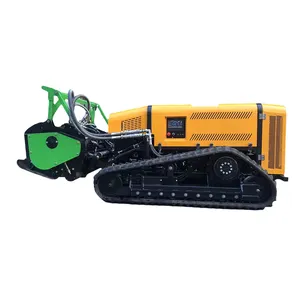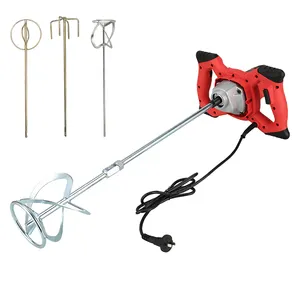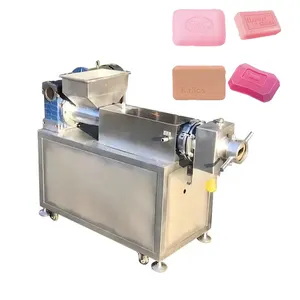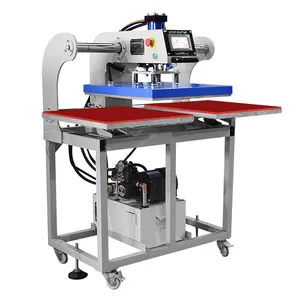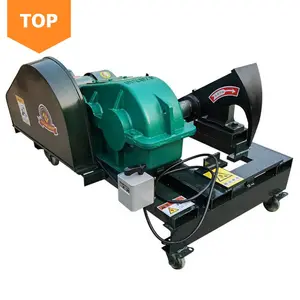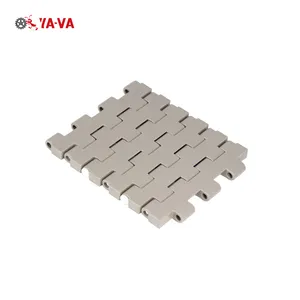Popular in your industry
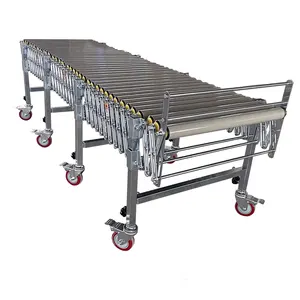





















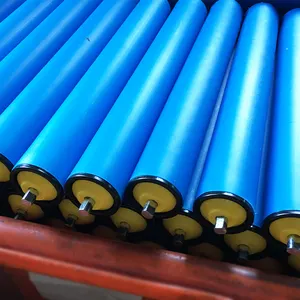
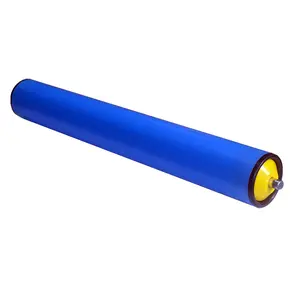
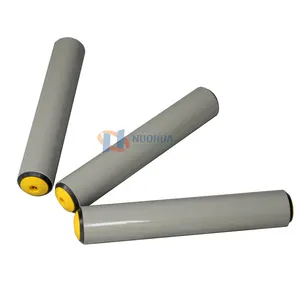

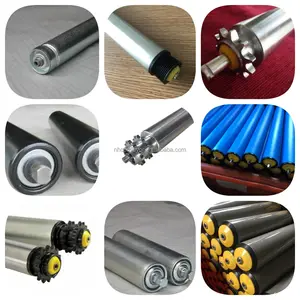
































Related Searches:























































































Top categories
About rolls roller table
A rolls roller table is a robust and versatile piece of equipment widely used across various industries for material handling and production tasks. It comprises a flat surface, often made of steel or other durable materials, with built-in rollers or wheels that allow for smooth and efficient movement of objects. These tables come in different configurations, such as conveyor table rollers, and can vary in size and load-bearing capacity to suit different applications.
Types of Rolls Roller Tables
There are several types of rolls roller tables that cater to specific industrial needs. One common variation is the roller ball table, which features a series of ball transfer units integrated into the table's surface. These ball transfer units consist of small, freely rotating balls housed in a bearing, enabling multidirectional movement of the loaded objects. This design is particularly useful in applications where quick and easy repositioning of materials is required, such as in assembly lines or shipping areas.
Another specialized type is the roller lift table, which combines the functionality of a traditional roller table with the ability to vertically adjust the working height. This feature is beneficial in scenarios where ergonomic positioning of materials or products is crucial, as it allows operators to optimize their working conditions and reduce the risk of injuries associated with repetitive tasks.
Applications of Rolls Roller Tables
Industrial roller tables find applications in various industries, thanks to their ability to streamline material handling processes and enhance operational efficiency. In manufacturing environments, these tables are commonly used for assembly lines, where they facilitate the smooth transfer of workpieces between different workstations. The rollers on the table surface allow for the easy movement of components, reducing manual handling and improving overall productivity.
Roller tables are also vital in the transportation and logistics sector. In warehouses and distribution centers, conveyor table rollers are often integrated into conveyor systems to create efficient material flow. They play a critical role in sorting, loading, and unloading operations, enabling the seamless movement of packages and goods throughout the facility. Additionally, roller tables are employed in the automotive industry for tasks such as vehicle assembly, component handling, and paint finishing processes. The ability to precisely position and transport parts is essential in maintaining the efficiency of automotive manufacturing operations.
Installation and Maintenance of Rolls Roller Tables
Proper installation and regular maintenance are essential for ensuring the optimal performance and longevity of a roller table. During installation, it is crucial to carefully follow the manufacturer's guidelines to guarantee structural integrity and alignment. This may involve securely anchoring the table to the floor or integrating it with existing machinery, as in the case of an industrial roller table.
Regular maintenance is necessary to address wear and tear, prevent malfunctions, and ensure workplace safety. This includes inspecting the rollers for damage, ensuring they rotate smoothly, and replacing any worn or missing components. Additionally, operators should regularly clean the table surface and remove any debris or obstructions that may impede the movement of materials. By following proper installation and maintenance practices, businesses can maximize the efficiency and reliability of their rolls roller tables across a wide range of industrial applications.
